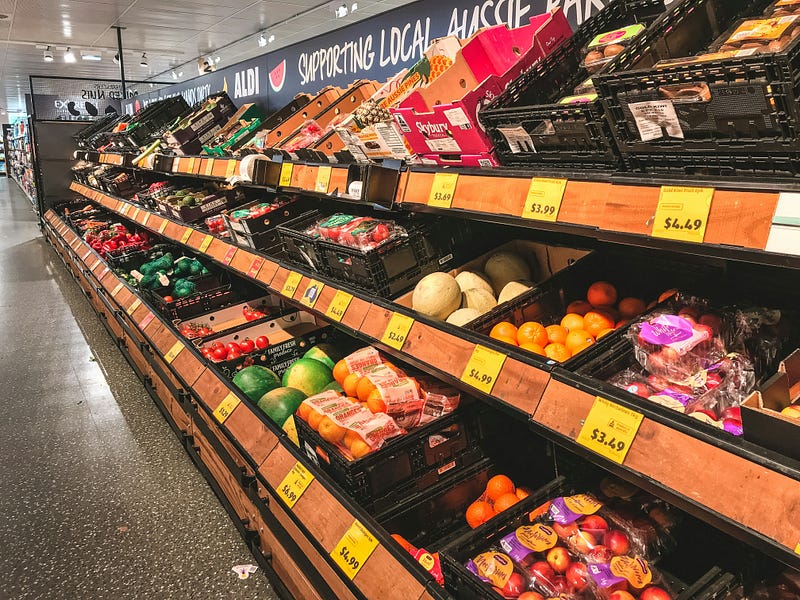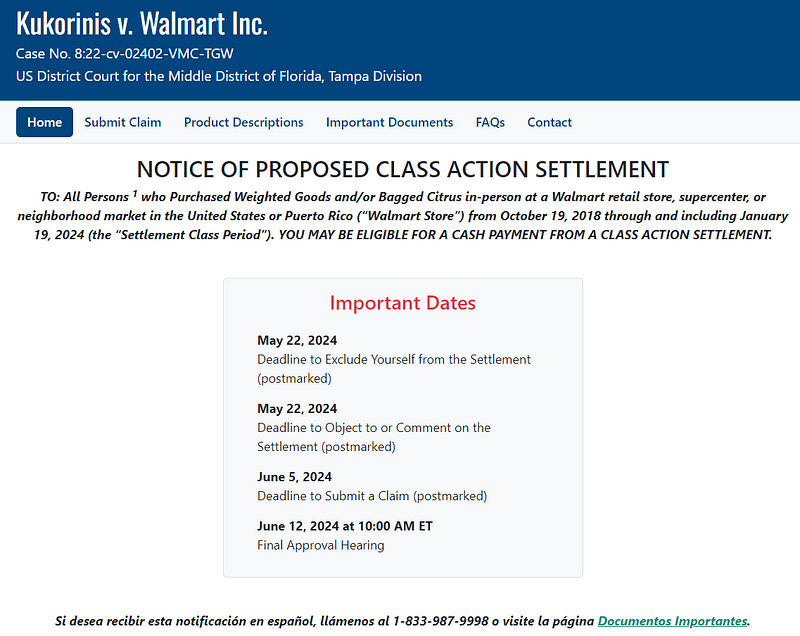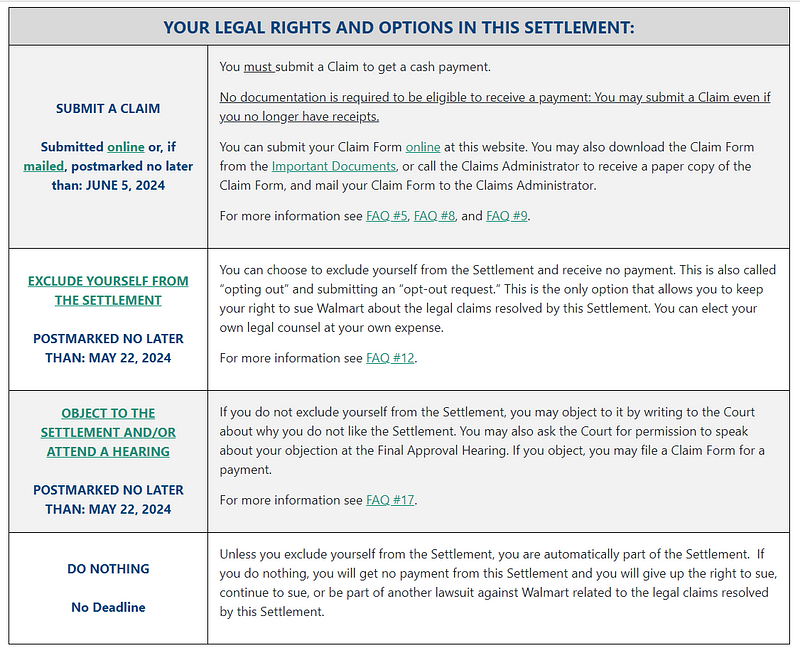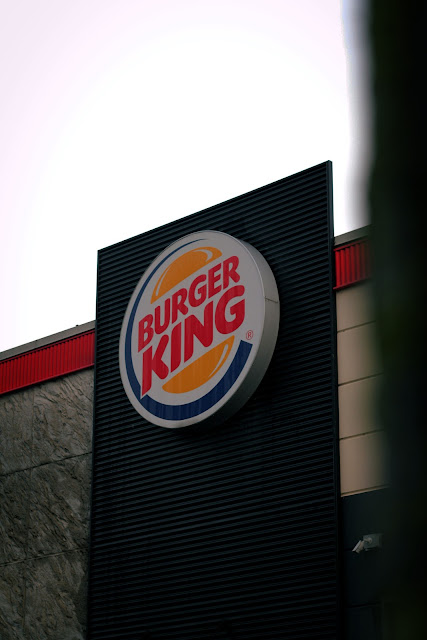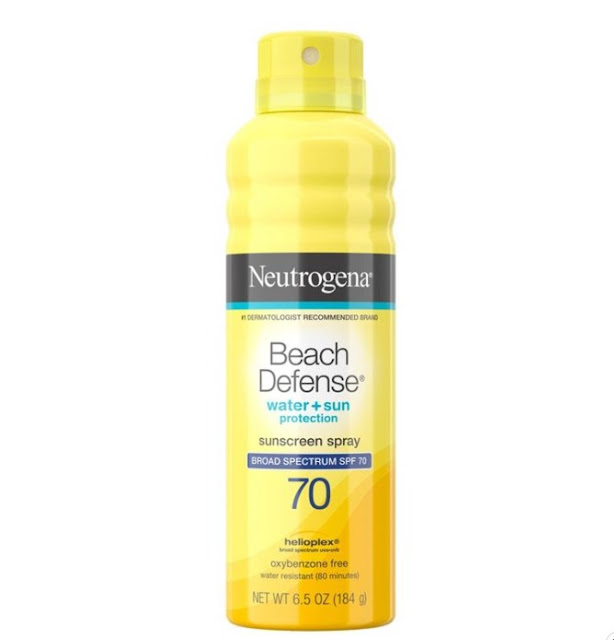 |
| TikTok Settlement Payment |
$92 Million TikTok Class Action Lawsuit Settlement
TikTok is facing the clock after an Illinois federal judge approved a $92 Million USD settlement for its users that filed class-action lawsuits. Anyone that filed to join this class action lawsuit before the deadline will receive a TikTok settlement payment.
TikTok Case over Unlawful Collection of Users' Biometric Data
The settlement case information:
In re: TikTok Inc. Consumer Privacy Litigation, Case No. 1:20-cv-04699, in the U.S. District Court for the Northern District of Illinois.
The Illinois federal judge believes that the proposed $92 million USD settlement payment sufficiently resolves the accusations that TikTok was collecting biometric data unlawfully.
What will people get who filed claims against TikTok?
TikTok users that filed a claim in this $92 Million USD class action settlement will get an equal share in the settlement cash after administrative fees and costs have been taken out.
Who can file a claim, and when is the deadline and hearing date for the TikTok settlement?
People that qualify are considered "class members" and this includes TikTok users who are residents in the United States that used the TikTok app before September 20, 2021. Any class member that is also an Illinois resident may qualify for an increased amount of settlement payment, by as much as six times the amount of someone that is not an Illinois resident.
The deadline for the settlement payment is March 1, 2022. The final approval for this TikTok settlement payment will take place during the hearing currently scheduled on May 18, 2022.
How will I receive my TikTok cash settlement payment?
If you successfully submitted a claim form by the March 1, 2022 deadline, then you should expect to receive your cash payment via PayPal, Venom, a virtual prepaid card, or by a physical check in the mail. Your preferred payment method was provided on the settlement application.
What was the legal issue with TikTok privacy policies?
The litigation against TikTok involved their privacy policies. The claims were that TikTok unlawfully collected users' biometric and personal data in 2021.
TikTok asserts that users waived their rights in the agreed-upon terms of service, or privacy policies, and have therefore done nothing wrong.
TikTok Privacy Policy Changed
TikTok agreed to stop collecting users' biometric data, geolocation, and GPS data with their app and storing this data outside the U.S. after the $92 million USD settlement payment from the class action lawsuit. TikTok revised its privacy policies.
TikTok was accused of sharing users' biometric data with the Chinese government, while TikTok denied this was taking place.
The class-action lawsuit is against TikTok and its predecessor app, Musical.ly.






